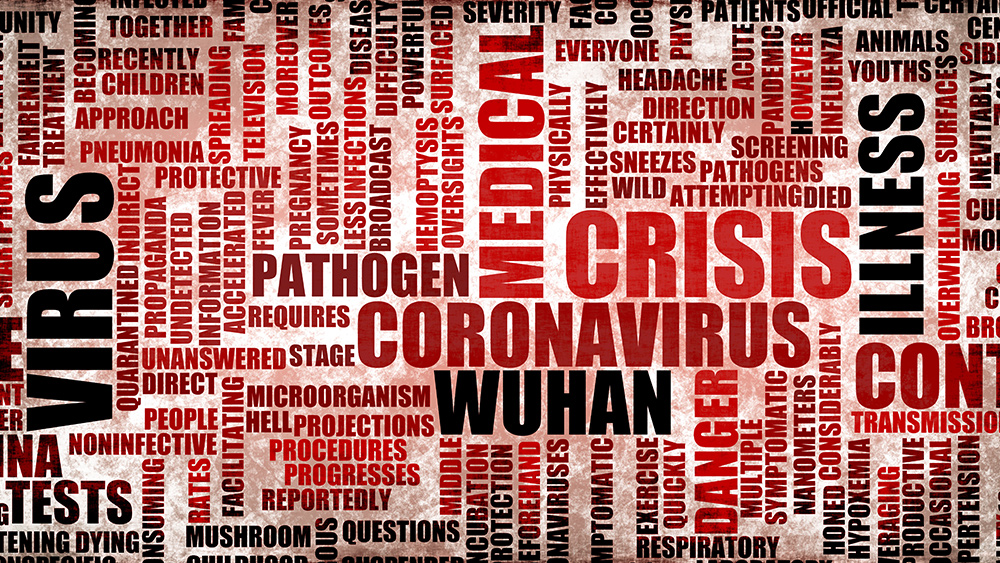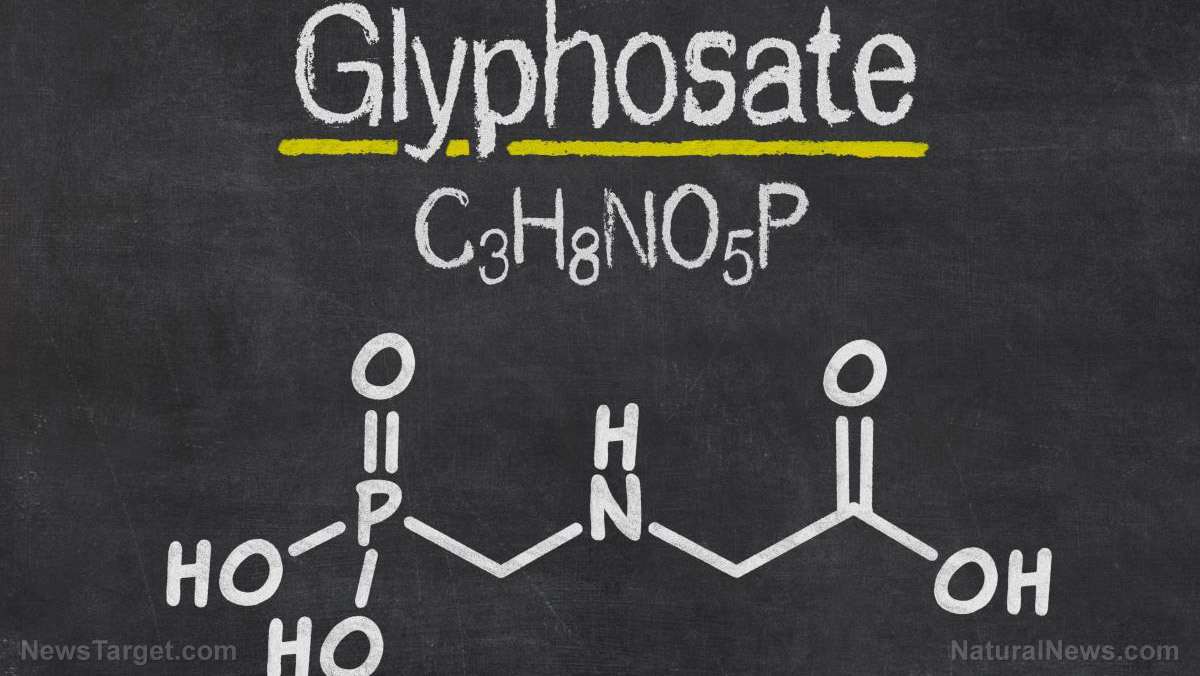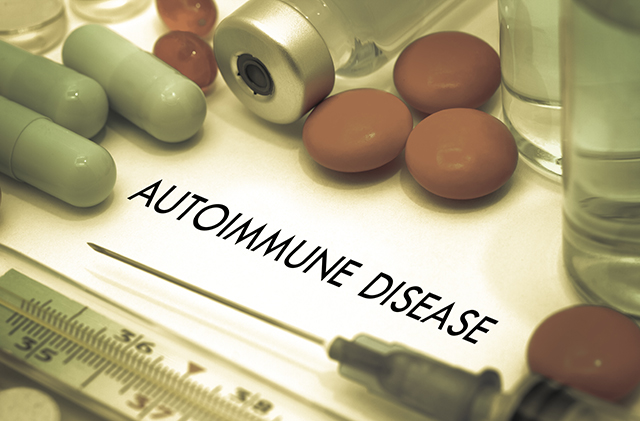Do you have high cholesterol or triglycerides? Check your vitamin D levels
11/23/2020 / By Virgilio Marin

Cholesterol levels are an important marker of cardiovascular health. While your body needs cholesterol to build healthy cells, high levels of it can increase your risk of heart disease. Cholesterol is a fatty substance. If it accumulates in your blood vessels, it can restrict blood flow and form blood clots, which can cause a heart attack or stroke.
Your total cholesterol levels consist of the amount of triglycerides, low-density lipoproteins (LDL) and high-density lipoproteins (HDL) in your blood. Triglycerides and LDL cholesterol can accumulate in your body and clog your blood vessels. Meanwhile, HDL cholesterol helps protect you from heart disease.
One factor that may affect cholesterol levels is vitamin D deficiency. In a study published in the journal Nutrition Reviews, study author Daniel Dibaba of the University of Kentucky and the University of Tennessee Health Science Center found that people with vitamin D deficiency improved their cholesterol levels upon taking vitamin D supplements.
Vitamin D improves cholesterol levels
Previous studies have linked vitamin?D deficiency to heart attacks, congestive heart failure, peripheral arterial disease, stroke and other conditions associated with cardiovascular disease, such as diabetes and high blood pressure. Other studies have also suggested that vitamin?D may have a beneficial effect on one’s cholesterol profile and cardiovascular health.
To evaluate these findings, Dibaba analyzed 41 randomized controlled trials that examined the effect of vitamin?D supplementation on cholesterol levels. The studies involved more than 3,400 participants, half of whom took vitamin D supplements while the remaining half took a placebo. A quarter of the trials had follow-up periods of over six months.

Dibaba found that the volunteers who took vitamin D supplements significantly reduced their total cholesterol, LDL cholesterol and triglyceride levels, and maintained healthy HDL cholesterol levels. These improvements, according to the Dibaba, were more pronounced in the participants with vitamin D deficiency. (Related: Magnesium and vitamin D: The perfect pair?)
Prevent vitamin D deficiency
Vitamin D deficiency is an important health issue in the U.S. Around 56 percent of Caucasian infants and 35 percent of American adults have vitamin D deficiency.
Your body produces vitamin D when you’re exposed to sunlight. But the increased use of sunscreen and spending less time outdoors can affect how much vitamin D is produced by your body.
Other factors that lead to lower vitamin D levels include: (h/t to HopkinsMedicine.org)
- Obesity and being overweight – Fat cells absorb vitamin D and keep it from circulating throughout the bloodstream.
- Dark skin – People with dark skin have a built-in natural sunscreen in melanin, which prevents the skin from synthesizing vitamin D.
- Sex – Women tend to have lower vitamin D levels than men. That’s because women have more body fat and often spend more time indoors. Women also tend to wear hats and sunscreen more often than men.
- Age – As you get older, your body absorbs less vitamin D from your diet and produces less vitamin D in the skin.
- Location – Areas farther away from the equator don’t receive enough sunlight from November to February.
Take vitamin D supplements and eat more foods rich in vitamin D to prevent vitamin D deficiency. These foods include fatty fish, fortified orange juice, egg yolk, liver, cereal and milk. If you’re taking supplements, the recommended daily amount of vitamin D is 400 international units (IU) for children up to 12 months of age, 600 IU for ages 1 to 70 years and 800 IU for adults over 70 years.
Learn more about the health benefits of vitamin D at VitaminD.news.
Sources include:
Submit a correction >>
Tagged Under:
aging secrets, alternative medicine, disease treatments, heart health, high cholesterol, natural cures, natural medicine, prevention, supplements, vitamin D, vitamin D deficiency
This article may contain statements that reflect the opinion of the author





















